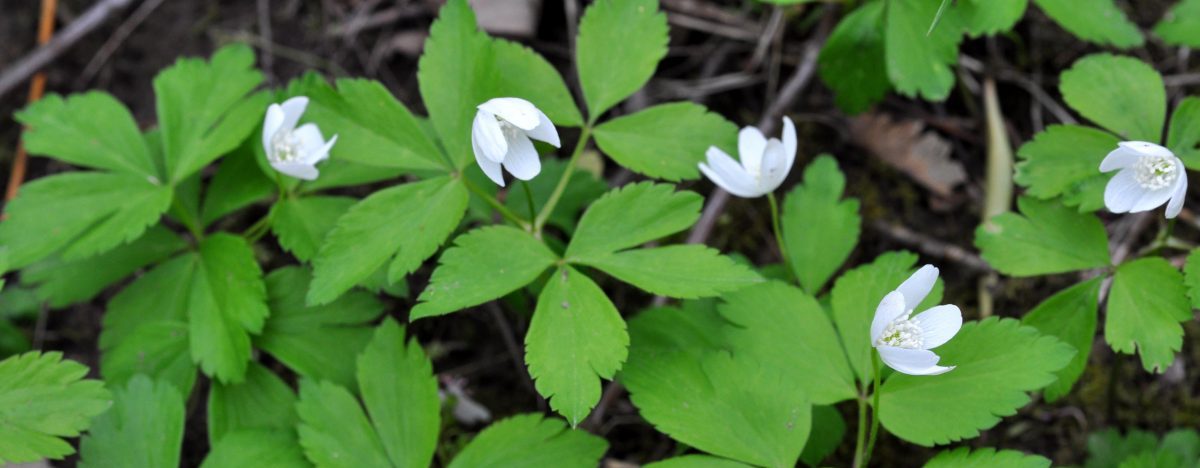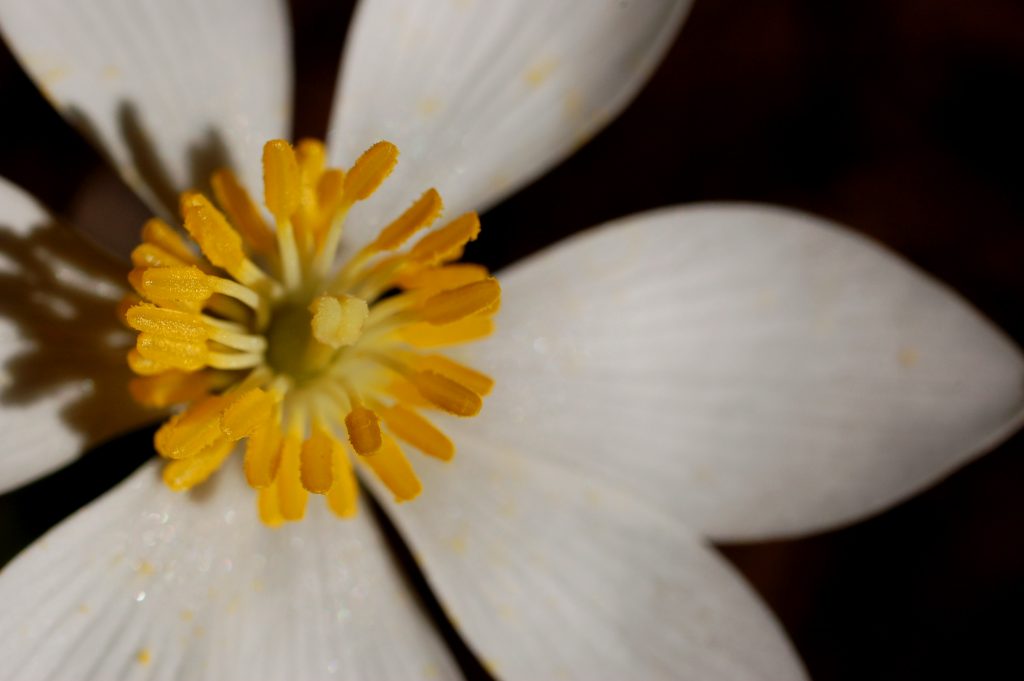
Shaver’s Creek aims to connect people with all aspects of the natural world, of which plants are no small part! The addition of Dr. Eric Burkhart to the Shaver’s Creek staff in 2008 has allowed the center to take a more focused approach to plant-related subjects — including the offering of new credit courses and public programs — through expanded research endeavors and with landscape management around the center. Formerly called the Plant Science Program at Shaver’s Creek, the Appalachian Botany and Ethnobotany program continues to gain recognition and respect as one of the best environmental center–based botanical training and research programs in Pennsylvania and the region.
Courses and Public Programs
Appalachian Botany and Ethnobotany courses and programs cover a wide range of topics, including native plantings, invasive species management, sustainable forestry, and nontimber forest products. Shaver’s Creek staff teach courses for the Penn State School of Forest Resources on woody and herbaceous plant identification, nonnative invasive plants, and agroforestry. Visit our Credit Courses page for more information on these and our other Penn State classes.
This program also contributes to the docket of public program offerings and events at Shaver’s Creek. In the winter, Dr. Burkhart coordinates Shaver’s Creek’s maple sugaring production and works to provide students and volunteers with a sound knowledge base for interpreting the process of sugaring to the public for the Maple Harvest Festival.
To learn about upcoming public programs and plant-related happenings around Shaver’s Creek throughout the year, subscribe to our email newsletter using the form at the bottom of this page and visit our Calendar of Events.
Landscape Management
The Appalachian Botany and Ethnobotany Program has brought renewed authenticity to both our managed landscape and wild surroundings. Our staff has worked hard to remove invasive, nonnative species from our gardens and immediate forests and replace them with native species that provide food and shelter to animals.
Two other landscape highlights include a large and expanding milkweed patch that acts as a dense habitat for monarch butterflies (and provides a great place from which to report to the Monarch Larva Monitoring Project citizen-science initiative) and our Frog Pond in the front yard, where you will often find amphibians of many species and in many stages of their lifecycles.
Plant Science Research
Working with partners such as the Pennsylvania Department of Conservation and Natural Resources, Dr. Burkhart conducts research on native plants of economic and conservation importance, such as American ginseng and goldenseal. Eric also offers practical guidance in agroforestry and forest farming through related workshops and extension publications.
You can request Eric as a speaker for your group; contact him by email at epb6@psu.edu or call 814-863-2000.

